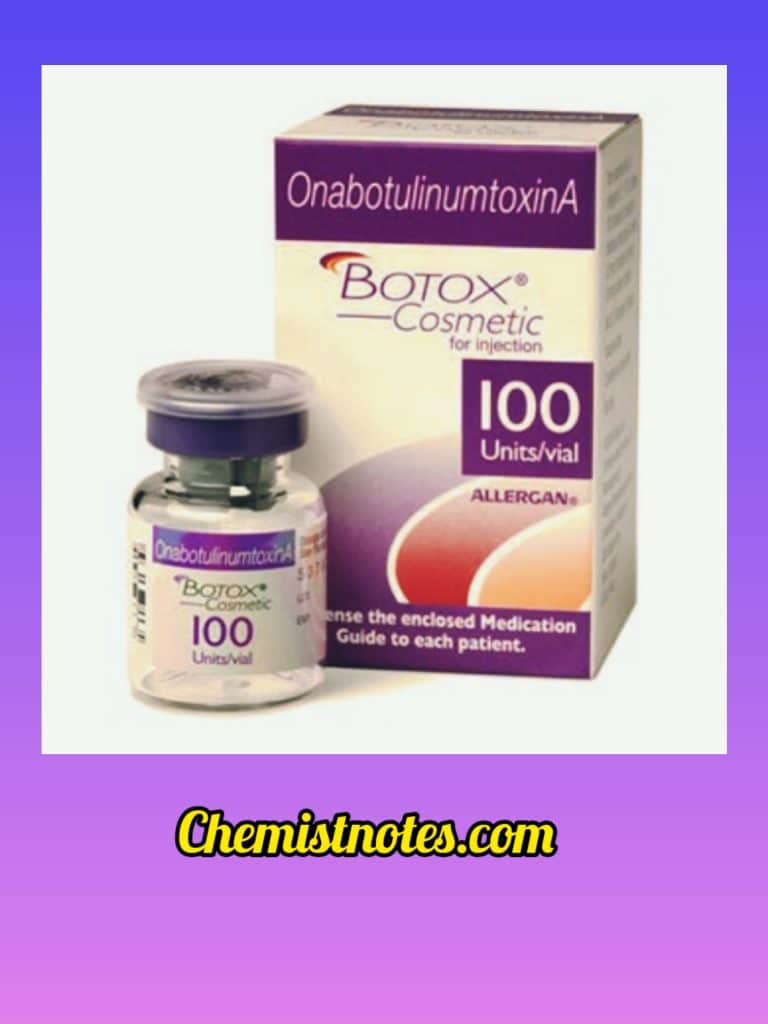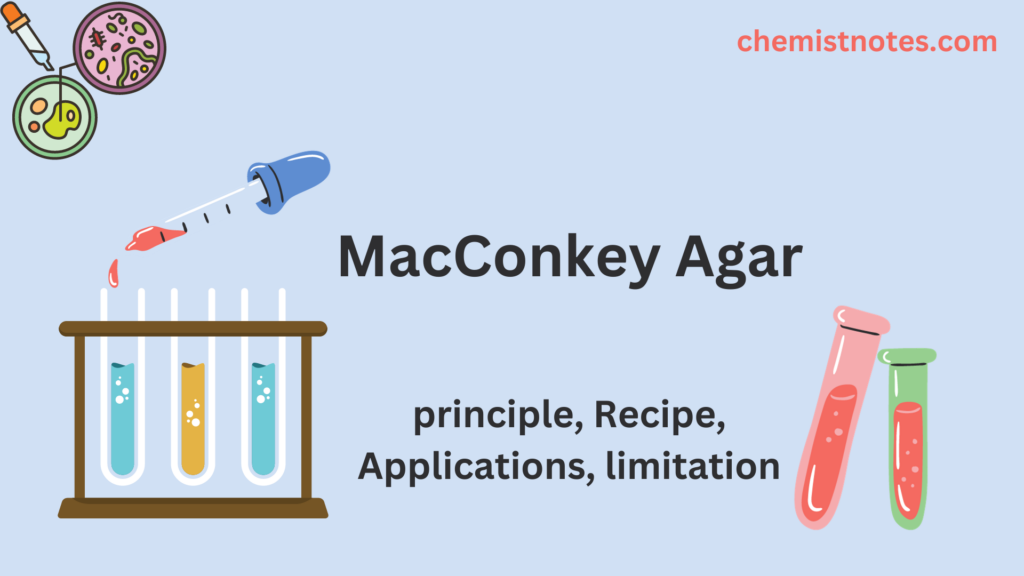Table of Contents
ToggleDefinition of botox
A botulinum toxin-derived medication that temporarily paralyzes face muscles to reduce wrinkles and cure some muscular problems. The neurotoxic protein known as botulinum toxin, or simply BoNT, is created by the bacterium Clostridium botulinum and related species. It causes flaccid paralysis by preventing the release of the neurotransmitter acetylcholine from axon terminals at the neuromuscular junction. The botulinum toxin is what causes the illness. It is generally used to reduce or minimize facial wrinkles or muscle contraction and stay young-looking skin. It uses botulinum toxin type A, specifically Onabotulinumtoxin A, to temporarily paralyze muscle.
Botox injections
The main benefit of Botox injections is their capacity to minimize facial wrinkles. They’re also used to treat disorders including cervical dystonia, which causes neck spasms, hyperhidrosis, which causes excessive sweating, and lazy eyes. Injections of Botox may also help avoid recurrent migraines.

Main ingredients of Botox
In a sterile, vacuum-dried form without a preservative, each vial of Botox® includes 100 Units (U) of the Clostridium botulinum type A neurotoxin complex, 0.5 milligrams of human albumin, and 0.9 milligrams of sodium chloride.
Hair Botox
Actually a deep conditioning procedure, hair Botox fills hair fibers with a filler like keratin. To make the hair appear fuller and more lustrous, the treatment fills up any thin or broken areas on each hair strand.
Cosmetic use of Botox
Botox is most frequently used to minimize facial wrinkles.
Injections of Botox are the most widely used cosmetic surgery nationwide, according to the American Board of Cosmetic Surgery. More than 7 million people received Botox treatments in 2016.
Procedure for Botox
Botulinum toxin is injected into neuromuscular tissue by doctors after diluting the powder in saline. The toxin takes action between 24 and 72 hours, according to a reliable source. Occasionally, it may take up to 5 days for the full effects to manifest. Depending on the therapy, they could last for 3 to 12 months. People should not use Botox if they are pregnant, nursing, or if they have ever experienced an adverse response to the medication or any of its components.
Botox Side effects
The majority of the side effects are localized to the area where the drug is injected because it is administered at the location of your problem. An injection site infection, redness, bruising, and discomfort are possible side effects. When this prescription is used to relax muscles, it may cause dizziness, slight difficulty swallowing, respiratory infections like the flu or cold, discomfort, nausea, headaches, and muscle weakness. Additionally, possible symptoms include double vision, swelling or sagging eyelids, eye discomfort, dry eyes, weeping, decreased blinking, and increased sensitivity to light.
Who should not get Botox?
Botox is not appropriate for everyone. You might not be a suitable candidate for Botox if your general health is poor, your skin is excessively thick, or you already have a muscular weakness where the injection is planned. An allergic reaction at the injection site is possible in patients with sensitive skin.
FAQs/ MCQs
How long does Botox last?
In general, Botox lasts for 2-3 months.
Does Botox make you look older after it wears off?
There is a widespread myth that when Botox wears off, it makes you look older. But even after the neurotoxin wears off, consistent Botox treatments can help you seem younger.
Is 55 too late for Botox?
For those who want Botox, there is no maximum age. In fact, many women in their 60s and older appreciate the revitalized appearance that Botox and complementing procedures may give them.
Is Botox safe for the face?
Injections of Botox are generally safe when done by a qualified medical professional.
Does Botox treatment hurt?
Botox injections are not painful. Some individuals say the injections feel like a small pinch or prick.
Can men have Botox?
10% of Botox patients are men, on average. Men who want to softly smooth out creases and wrinkles without looking like they’ve had any surgery done typically turn to Botox.
.






